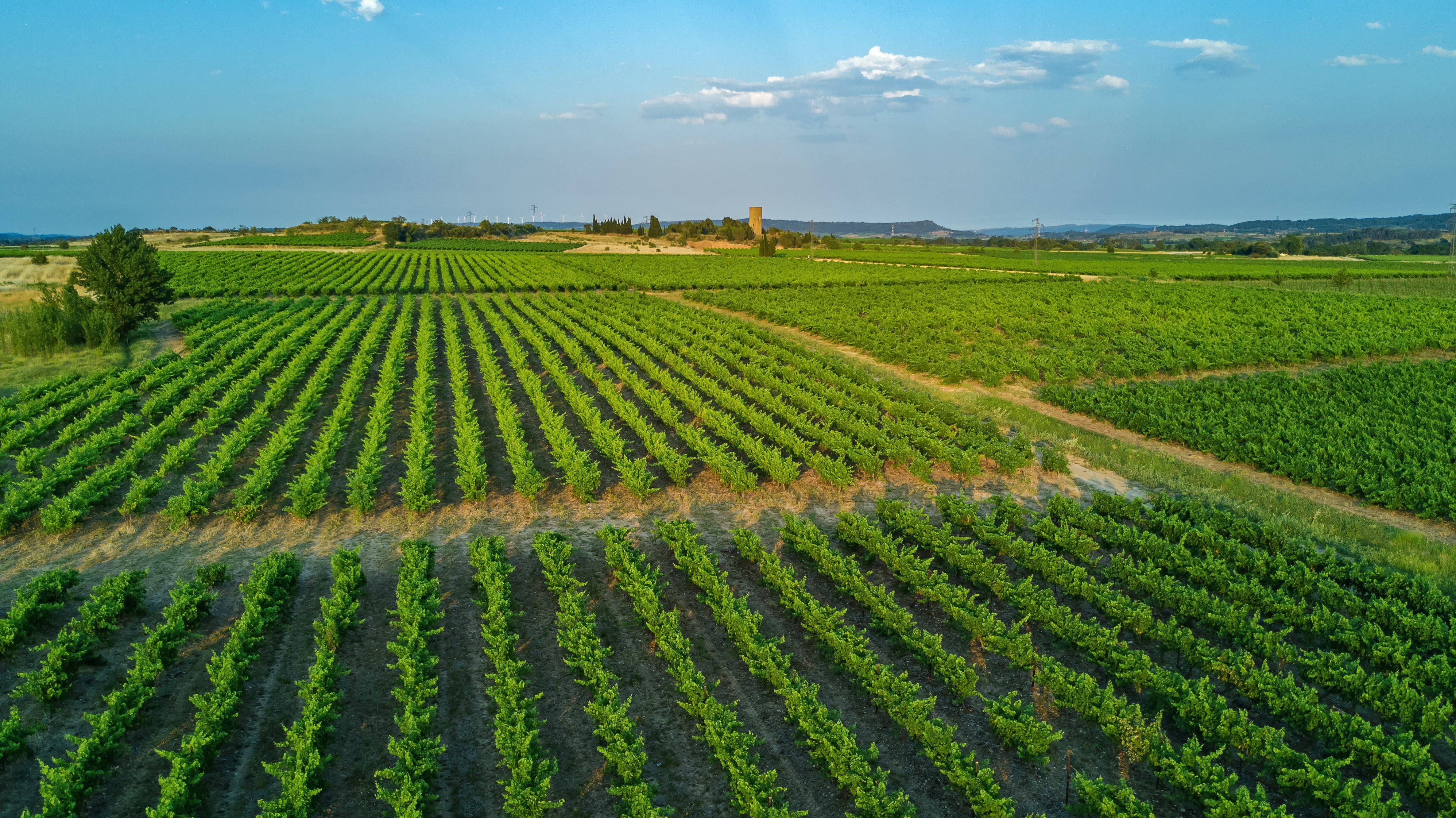
The Economist Intelligence Unit and the Barilla Center for Food and Nutrition have once again teamed up to deliver the Food Sustainability Index (FSI), ranking 34 countries across the globe based on 35 categories.
The Index, created in the wake of the UN’s commitment to the 17 Sustainable Development Goals in 2015, is a model designed to assess how sustainable food systems are globally. The FSI aims to highlight three pillars, namely: food loss and waste, sustainable agriculture and nutritional challenges.
With these three pillars divided into eight categories, and these eight further split into 35 indicators, the process is rigorous. While countries such as France and Germany have emerged as top contenders in the Index, the complex ranking process means that each country still has some way to go before achieving a perfect score in food sustainability, especially those such as the US and China.
Western Europe leading the way
Amongst the nine countries representing the first quartile of the Index, seven are located within Europe, with France stealing the top spot.
Dominating the Index are countries located within the northern Mediterranean sub-region.
“The northern Mediterranean countries tend to perform well across the different pillars of the index, with France, Spain, Portugal, and Italy among the top quartile in terms of overall score,” reports the Global Executive Summary of the Index.
This success is evident when compared to their southern and eastern counterparts, including Turkey and Morocco, with the summary commenting, “the sub-region fares particularly badly in the food loss and waste pillar, with none of the eight countries placing above 23rd in the rankings.”
What has set the northern countries apart appears to be their willingness to enact legislation and initiatives that directly tackle food waste and sustainability.
France has achieved its leading position partly due to its policy response to food loss and waste. The country has seen the benefits of legislation in 2016 that has prohibited supermarkets from disposing of food nearing its sell-by date, and reducing overall food wastage in schools. Now, France boasts only 1.8% of its total food production going to waste annually.
Italy emerged as a top performer in agriculture, with high scores across indicators such as the “environmental impact of water on agriculture” and “sustainability of water withdrawal”. However, reflecting the Index’s comprehensive analysis, Italy fell short in its ability to provide adequate water infrastructure, revealed this past summer when water supply became scarce in central and southern regions.
Playing catch-up
The Index has not highlighted the positive efforts of countries in improving food sustainability, but also those that are still straggling behind.
The US has managed to climb from it’s 2016 ranking, moving from 19th overall to 14th. However, despite director of the FSI study, Lucy Hurst, commenting last year that “much is being done to tackle this issue” in the US, the country still comfortably remains in the third quartile of the Index.
Scoring a total of 0.00 points out of a total of 100 in the indicator “number of people per fast food restaurant”, and only 23.46 in “dietary composition”, the Index has underlined several areas that the US is lacking. By contrast, Japan, ranking second overall, showed relatively low annual penetration rate of fast food restaurants, and a strong performance in the dietary patterns category.
While revealing the success of various governmental initiatives in regards to food waste and sustainability, the FSI has also brought attention to areas still in need of improvement. The FSI Global Executive Summary stresses that the “ranking is not intended to be judgemental, but rather offers a benchmark against which the performances of countries can e monitored vis-à-vis the main challenges confronting the global food system”.
Further details:
To see the full findings of the Food Sustainability Index, please click here.
Emily Lewis




